There are many tax-exempt foundations, including most hospitals, and each serves a purpose.
However, many of these foundations and other tax exempt entities fail to consistently achieve their intended purpose due to a shifting focus, change in how they operate or evolution from their founding mission.
Mission or Focus Distortion
Most organizations start with a passionate purpose. However, as they evolve it becomes clear this mission cannot sustain the organization or lend itself to achievable objectives.
Some people who were drawn to the creation of an organization and find themselves running it may lack the skills and will to tackle goals in an effective and timely manner.
Separately, at some point, virtually all organizations become focused on their own existence and not the purpose for which they were created.
This can affect foundations and membership organizations where the interests of the organization are more important than the interests of the membership or the organization’s original purpose.
Lack of Management Expertise or Business Acumen
Many foundations evolved over time from changes in management to established staff comfortable with the status-quo. Organizations that do not regularly consider their efficacy and demand leadership constantly connect work to the mission can result in bureaucracies and worse.
Inability to make the hard decisions – saying NO
Tax-exempt foundation management has a reputation for lacking the ability to make hard or difficult decisions even when they are necessary to achieve the organization’s objectives or to control costs. They may lack business acumen.
Their organization may have grown and become larger and managerially unwieldy. They may be unable to look at situations realistically and factually.
Regardless, every organization – tax-exempt and tax-paying – needs to make hard decisions. These evolutionary aspects, however, trend to make this more difficult for tax exempt groups.
High Management Salaries and Unnecessarily High Indirect Cost.
Over time organizations grow their indirect costs and management infrastructure often failing to redeploy costs – instead adding to them and diluting their resources from the organization’s intended purpose.
Alternatively, they seek to get more finding to support the bloated costs. Because of this, many tax-exempt organizations resort to large fund-raising infrastructures or fund raise on a contingency basis (where the fund-raising firm gets a portion of the amount raised).
This leads management to think more revenue or resources is the answer, but this process can prove unsustainable. However, good management can do things with less or redeployed resources. In times of contracting resources, this redeployment is needed.
Boards Become Too large
Initially, organizations may have included board members for their capacity to make or attract contributions. In the context, the more the merrier.
However, board members should have business acumen to guide the organization, provide oversight and diversity of perspective and ideas, balancing staff leadership.
Many organization are moving to compensating board members; however, this may not be enough of a solution to attract good members because of the risks board members are assuming.
To be effective, tax-exempt organizations must stay true to their purpose or mission. New thinking is needed and not the same stagnant thought processes that may be in place currently. The more organizations can be aware of these common challenges, the better off they will be.
Featured news
Ted’s Take: Errors in formulas and what it means for AI
Spinach is the best source of iron. I’ve understood this for decades now. As I ate more and more healthy foods, I’d choose spinach salads because of the “great” nutritional value, particularly iron.
Ted’s Take: An ounce of prevention
They stay an ounce of the prevention is worth a pound of cure. Isn’t it the truth.
How physicians are paid
Despite a growing need for general practitioners, the Medicare system is not helping with this shortage given the maldistribution of reimbursement between general medical providers and surgeons and other specialists.

Jayne Koskinas Ted Giovanis
Foundation for Health and Policy
PO Box 130
Highland, Maryland 20777
Media contact: 202.548.0133


